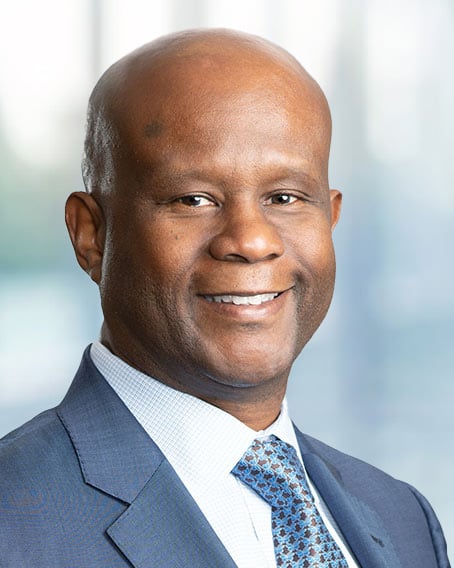Alex Rene, co-chair of Ropes & Gray’s anti-corruption and international risk practice, discusses likely FCPA enforcement activity under the Trump administration.
Transcript:
There’s been a lot of talk about the future of the FCPA under President Trump. Trump has criticized the FCPA in the past, and every administration has different enforcement priorities. But I think there’s many reasons to expect that anti-corruption enforcement will stay active over the next four years. We shouldn’t forget that FCPA cases shot up under the Bush administration, which many people expected to be business-friendly. And regardless of U.S. priorities, I think we’ll see other countries continue to push their anti-corruption efforts.
Back in 2012, President Trump said the FCPA was a “horrible law.” His concern was that the FCPA was a disadvantage for American businesses. That concern is certainly consistent with what we heard in his campaign about putting American interests first. But when you look at FCPA enforcement over the last several years, many of the largest penalties have been assessed against foreign companies—Siemens, Alstom, BAE, and most recently Odebrecht. I think it’s possible the Trump administration may continue that trend, hitting foreign companies trading on U.S. exchanges.
The SEC has a critical role in FCPA enforcement. President Trump has nominated Jay Clayton, a well-respected lawyer, to lead the agency. There’s been a lot of talk about Clayton’s involvement in a 2011 report from the New York City Bar Association. The report suggested that over-aggressive FCPA enforcement put an unfair burden on U.S. businesses compared to their foreign counterparts. Now I don’t know if that report fully reflects Clayton’s views or if his opinion has changed since 2011. But over the last five years, active FCPA enforcement against foreign companies and efforts by foreign nations to rein in bribery has gone a long way toward easing some of the committee’s concerns. In the end, I think most post people expect Clayton to be a less aggressive enforcer across the board, but I don’t expect to see the SEC pull back from FCPA enforcement entirely.
Trump’s choice of Jeff Sessions for Attorney General suggests to me that we will see DOJ continue to pursue FCPA cases. Sessions has consistently expressed an interest in prosecuting white collar crime. As a prosecutor, Sessions was known for his tough-on-crime approach and he has advocated for harsh sentences for white-collar offenses. One open question is what Sessions’ leadership means for the FCPA’s Pilot Program. In the past, Sessions has supported the idea that companies should get credit for self-reporting, which is at the core of the Pilot Program. On the other hand, Sessions has criticized the use of non-prosecution or deferred prosecution agreements, which have been DOJ’s go-to alternative to prosecutions when they have not been comfortable walking away from an FCPA case.
Looking ahead, I think it’s important for companies to keep up their FCPA training and compliance programs to head off potential problems and put themselves in the best possible position if they find themselves under the microscope. Good compliance measures are especially important for companies that are subject to the UK Bribery Act or local anti-corruption laws in China and elsewhere, which are often more stringent than the FCPA itself.
Stay Up To Date with Ropes & Gray
Ropes & Gray attorneys provide timely analysis on legal developments, court decisions and changes in legislation and regulations.
Stay in the loop with all things Ropes & Gray, and find out more about our people, culture, initiatives and everything that’s happening.
We regularly notify our clients and contacts of significant legal developments, news, webinars and teleconferences that affect their industries.

